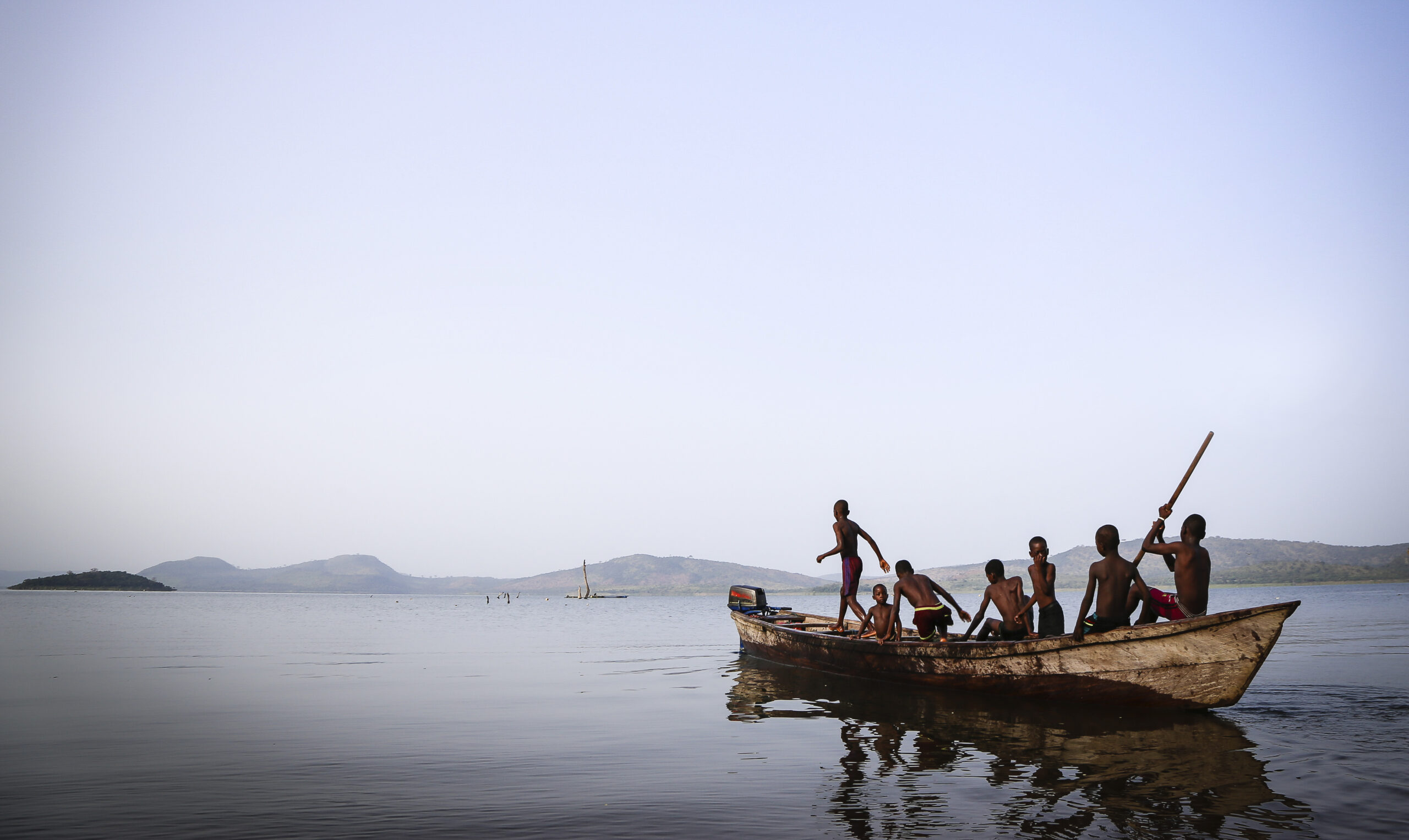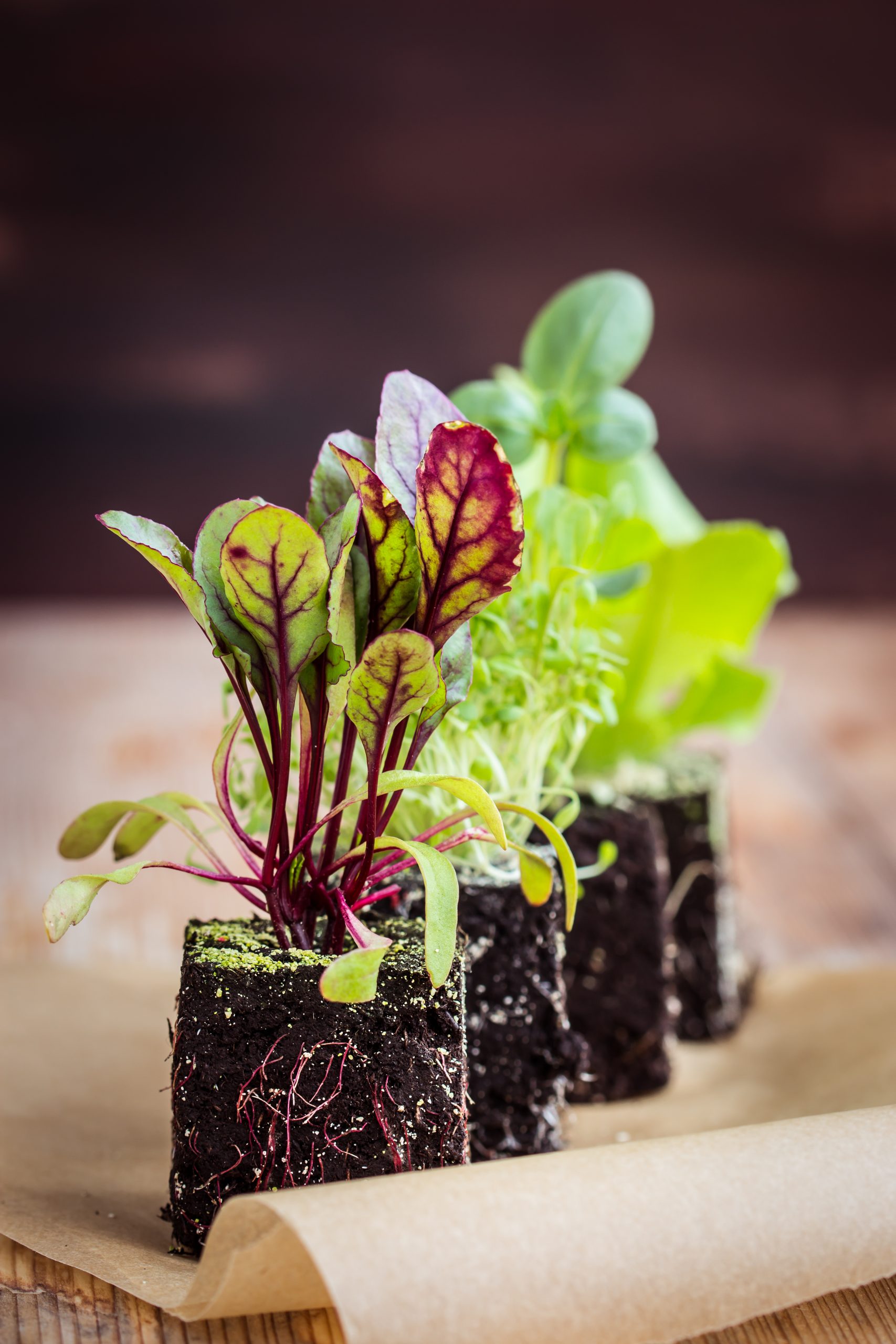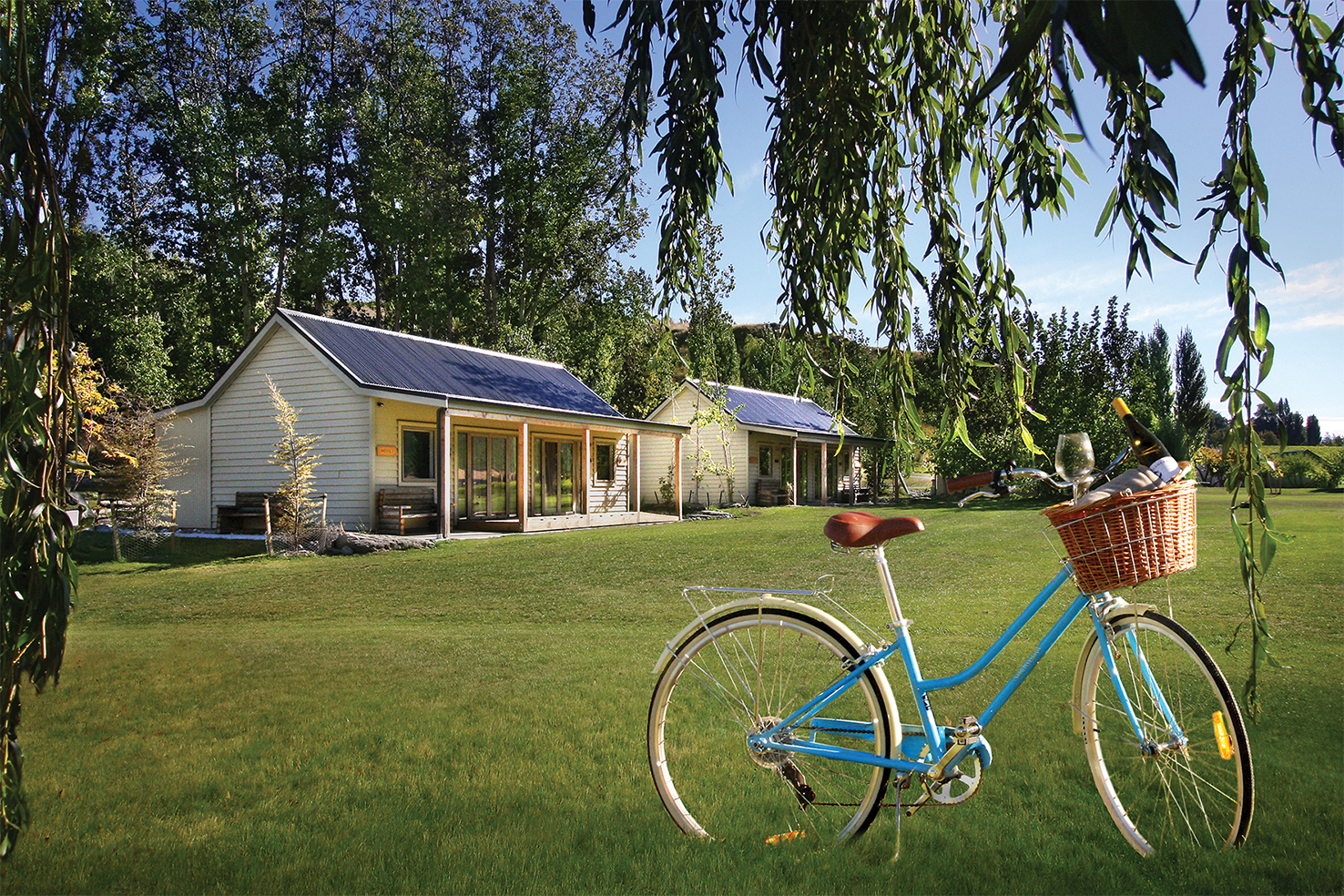Lake Volta, Ghana: the world’s largest man-made lake sustains thousands of lives, but its fishing industry is built on the backs of vulnerable children – most under 10 years old.
His name was Ebenezzer. As I sat next to him on the bus rumbling its way down red dusty roads in West Africa, we got to talking. At 19 years old, Ebenezzer had spent three years on the lake we were heading towards. But for those thousands of hours of labour and heartache, he was paid a total of $75 for his work. He was a child slave.
Lake Volta is beautiful, but has a dark underbelly: the slavery of thousands of children who are brought here to work on it. They are recruited as young as five for their little fingers to untie nets, their ability to hold their breath for long periods of time and their inability to fight back. Behind every net is a story. This is Ebenezzer’s.

Ebenezzer spent three years on Lake Volta, working thousands of hours for just $75. Thanks to the efforts of Tearfund New Zealand’s local partner, he’s now in his final years of high school.
“Shortly after I was born my mother died. My father had been killed months earlier and so my grandmother came to take me. I was one of nine grandchildren in her care and she found it difficult to take care of me. When I was six, a relative promised a good job, a steady wage, enough food and a safe place to sleep for young boys who would work with him. Those first few days I was so scared. I would dream about going back to my grandma but I had no way to reach her. We used to wake up at 4am each day and then come back by midday for something small to eat. Then we would work again until nightfall: cut up fish, bait them, put them in the water, collect the nets, bail water out of the boats, untie knots and dive deep. Sometimes the man who owned the boat would beat boys with paddles or bamboo.
“One day our boat capsized in a thunderstorm and the man who took me to the lake could not operate his business anymore. He called my grandma to pick me up and she spoke to (Tearfund’s partner, Compassion) the local project about helping to get me back and into a school. When my grandma came to get me she began to cry as she realised what had happened for those years. She said if she had realised what was going on she would have never sent me with that man.”
Trafficking is illegal in Ghana. But on the water, there is no law. Children like Ebenezzer are routinely beaten with paddles, heavy ropes and electrical cables. Many have spoken about sleep deprivation, malnutrition, sexual abuse and grievous injuries. They are deprived of medical attention, education and recreation. When they refuse to dive, they are pushed or bludgeoned overboard. When they fall asleep or move too slowly they are beaten.
Tearfund New Zealand has been working on Lake Volta and its surrounds through their local partner Compassion International to release children from poverty through child sponsorship. With more than two million children sponsored worldwide, their goal is to make sure these children are known, loved and protected. This means setting up projects within walking distance of the lake, ensuring all the children in the project are placed in school, given nutritious food and have a safe place to play.
Now in his final years of high school, Ebenezzer hopes to become a mechanical engineer. For now he’s protected by the project, living safely with his grandmother and encouraged by his sponsor.
“I have suffered enough in my life and so I don’t want my family or my future children to suffer. I want them to acquire some knowledge so they can lead a better life. If not for Compassion, I would be on the lake still.”
How to help: For more information on sponsoring a child, visit tearfund.org.nz
Helen Manson is a Kiwi humanitarian photographer and storyteller living in Uganda. Please note: Other than Ebenezzer, the children pictured do not work in the fishing industry; they recreated scenes of life on Lake Volta willingly and with permission. Ebenezzer’s grandmother is pictured in yellow.







